Develop Work Skills
Tony Karrer
OCTOBER 27, 2008
That said, I think there is a tendency to lean on the skills that we are good at and not use other approaches when they are called for. That’s a problem for both learning and the corporate experts. Assimilation of new information is a huge problem in most organizations. So, maybe it's work buddies.



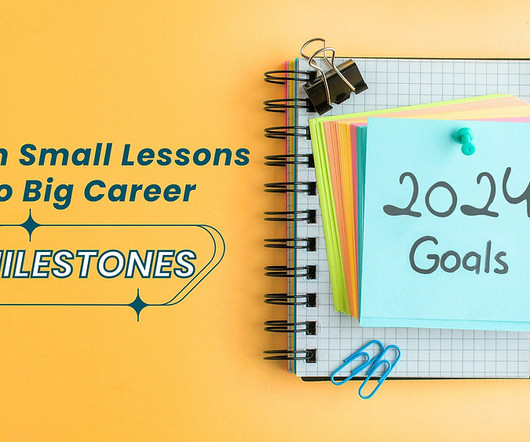
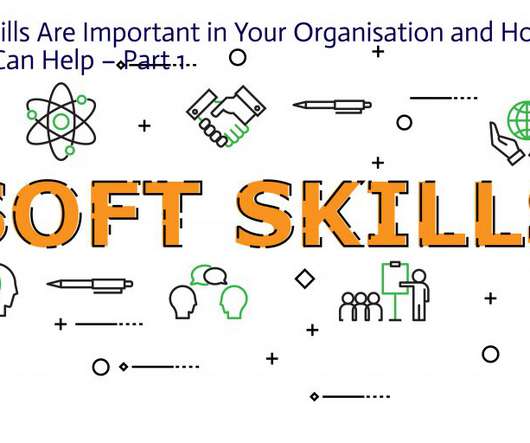


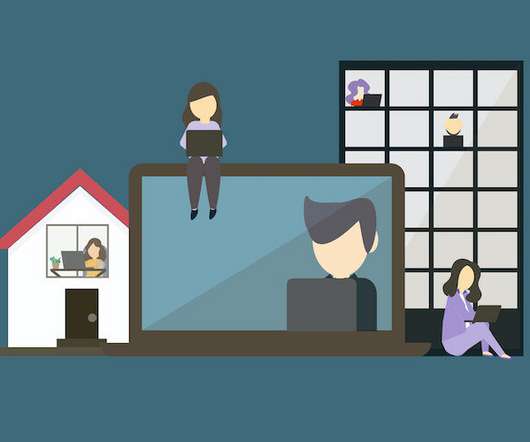







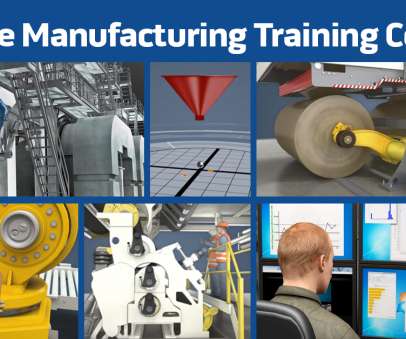

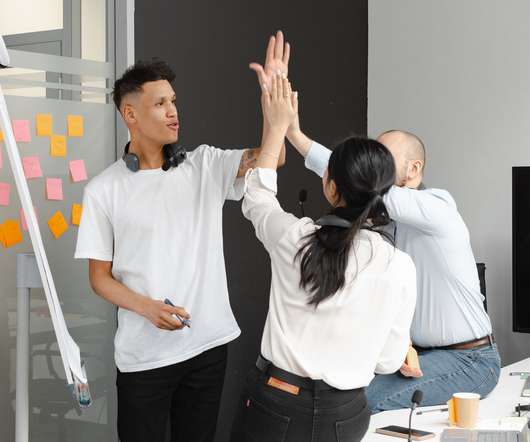














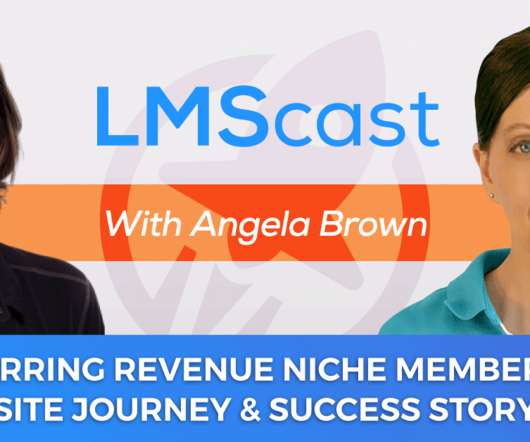












Let's personalize your content